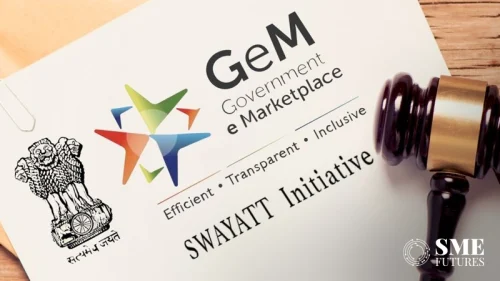Alteryx, Inc., a leader in AI for enterprise analytics, released findings from the latest “Market Research: Attitudes and Adoption of Generative AI” report that surveyed 400 APAC IT business leaders and 600 members of the general public to gather insights that expose the differing perceptions of how the world is navigating and embracing genAI. While more than eight in 10 (84%) of businesses say Generative AI adds business value, 40% of general public respondents are skeptical about its value, and 39% are fearful about its future.
Business understanding of genAI vs the general public
The research highlights similarities in genAI usage: 44% of the general public use genAI to search for information, and 47% of businesses use it for data analysis.
Regarding sentiment, 83% of the general public feel positive about the increasing use of genAI to create content they consume, but 40% added that its use needs to be regulated.
Interestingly, general public in India ranked ethics as the highest activity that genAI should not be involved in (48%), while business respondents ranked critical decision making as the highest activity (46%).
73% of business leaders reported that AI hallucinations negatively impact their overall trust in AI, while 60% of the general public say the same.
GenAI is starting to deliver business value, but challenges need to be overcome.
In the last year, businesses have run an average of three pilots using genAI, and 80% say the projects were very or extremely successful.
Businesses listed data privacy and security (43%), ethical and responsible use (37%), and high computational costs (35%) as top challenges in scaling AI. Only 38% reported that ethical use guidelines were in place.
Getting training right today is essential, especially since 31% reported that a lack of skilled talent is holding them back from scaling genAI across the organisation. Yet, 27% of organisations using genAI don’t offer any mandatory AI training.
There is also a discrepancy in genAI’s impact on existing job roles with 65% of businesses feel that genAI will likely replace existing job roles in the organisation over the next two to three years, whereas only 37% of the general public believe genAI will lead to job losses.
Usage and output concerns and challenges remain
Three in five (67%) businesses plan to continue to increase their investment in genAI technologies. However, members of general public are concerned that genAI will be used by hackers to commit crimes (36%) and give rise to fake news (35%).
Almost half of the businesses (45%) say their organisation has experienced misinformation produced by genAI, with the materials delivered by genAI containing unexpected or unintended outputs (40%).
Similarly, 55% of the general public reported that information produced by genAI was incorrect, and 40% believed it was outdated.
Trevor Schulze, CIO at Alteryx adds, “As we navigate the early stages of genAI adoption, it’s vital that businesses and the general public truly understand the value of AI and mitigate fears. However, we know from the data that trust, ethical concerns, a skills shortage, fear of privacy infringement, and algorithmic bias are critical roadblocks that must be overcome,”
“To truly reap the benefits of this ‘game-changing’ tech, organisations must accelerate their data journey, implement better governance and empower non-technical users to access and analyse data in a secure and trusted environment, while addressing privacy and bias concerns. Get this right and genAI has the potential to drive innovation, enhance decision-making, and deliver significant value in both the workplace and the personal lives of employees.”











